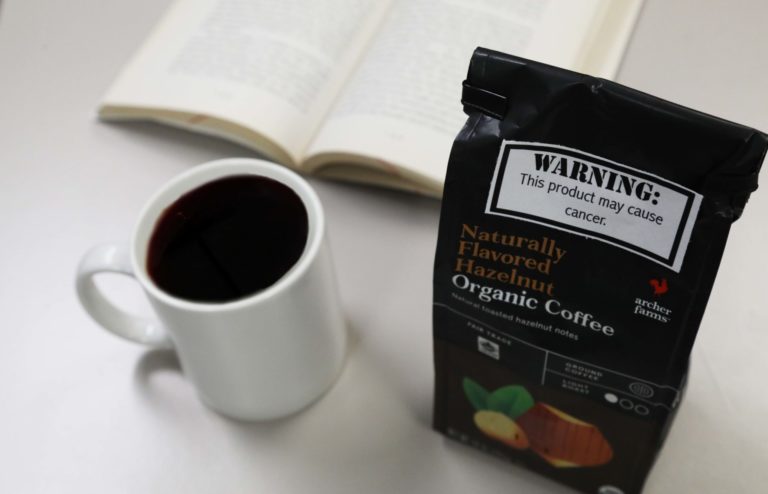What is acrylamide and how does it end up in foods?
When certain carbohydrate-rich foods are processed at temperatures higher than 120 °C, such as during roasting, baking, frying, or grilling, amino acids and sugars combine to form a variety of chemicals in a process known as the Maillard reaction. Acrylamide is one of these chemicals, formed as a natural byproduct when amino acid asparagine combines with a sugar during such high temperature processing events.
Acrylamide has been found in a variety of foods including roasted asparagus, canned sweet potatoes and pumpkin, canned black olives, roasted nuts, coffee, roasted grain-based coffee substitutes, prune juice, breakfast cereals, crackers, some cookies, bread crusts, French fries, potato chips, and other fried and baked snack foods.
How is acrylamide regulated by California’s Proposition 65?
Acrylamide is listed as both a carcinogen and a reproductive toxicant by California’s Office of Environmental Health Hazard Assessment (OEHHA), the leading body for enforcing California’s Proposition 65. It was listed as a carcinogen in 1990 based on studies showing elevated rates of cancer in rats and mice. OEHHA has developed a No Significant Risk Level (NSRL) of 0.2 micrograms (µg) per day, though a higher NSRL of 1.0 µg/day has been proposed.
In February 2011, OEHHA added acrylamide as a reproductive toxicant due to its potential for causing increased developmental and male reproductive toxicity in laboratory animals. OEHHA has developed a Maximum Allowable Dose Level (MADL) of 140 µg/day.

How may you or your client be affected by this?
If you or your client is a manufacturer of food items that requires cooking at high temperatures, you may be required to either demonstrate that the acrylamide exposure from your food items is below the Safe Harbor Levels provided by OEHHA or you have to provide a warning label warning the consumers of the risks of acrylamide exposure prior to a point of sale in California.
How can Paustenbach and Associates help?
Our team of experts at Paustenbach and Associates has over a decade of experience helping clients understand and become compliant with CA Prop 65 for a variety of chemicals including lead, cadmium, phthalates (DEHP, DINP, etc.), acrylamide and formaldehyde, to name a few.
We routinely conduct assessments to determine exposure to chemicals from products including food items and have been providing guidance on drafting new warning labels. We have also helped several companies develop Prop 65 compliance programs into their existing quality control and quality assurance programs to mitigate the risk proactively.
If you would like to learn more on how we can help you or your client, please contact our CA Prop 65 team leader, Ankur Singhal, at asinghal@paustenbachandassociates.flywheelstaging.com or at 510.384.7164.
© 2020 All rights reserved